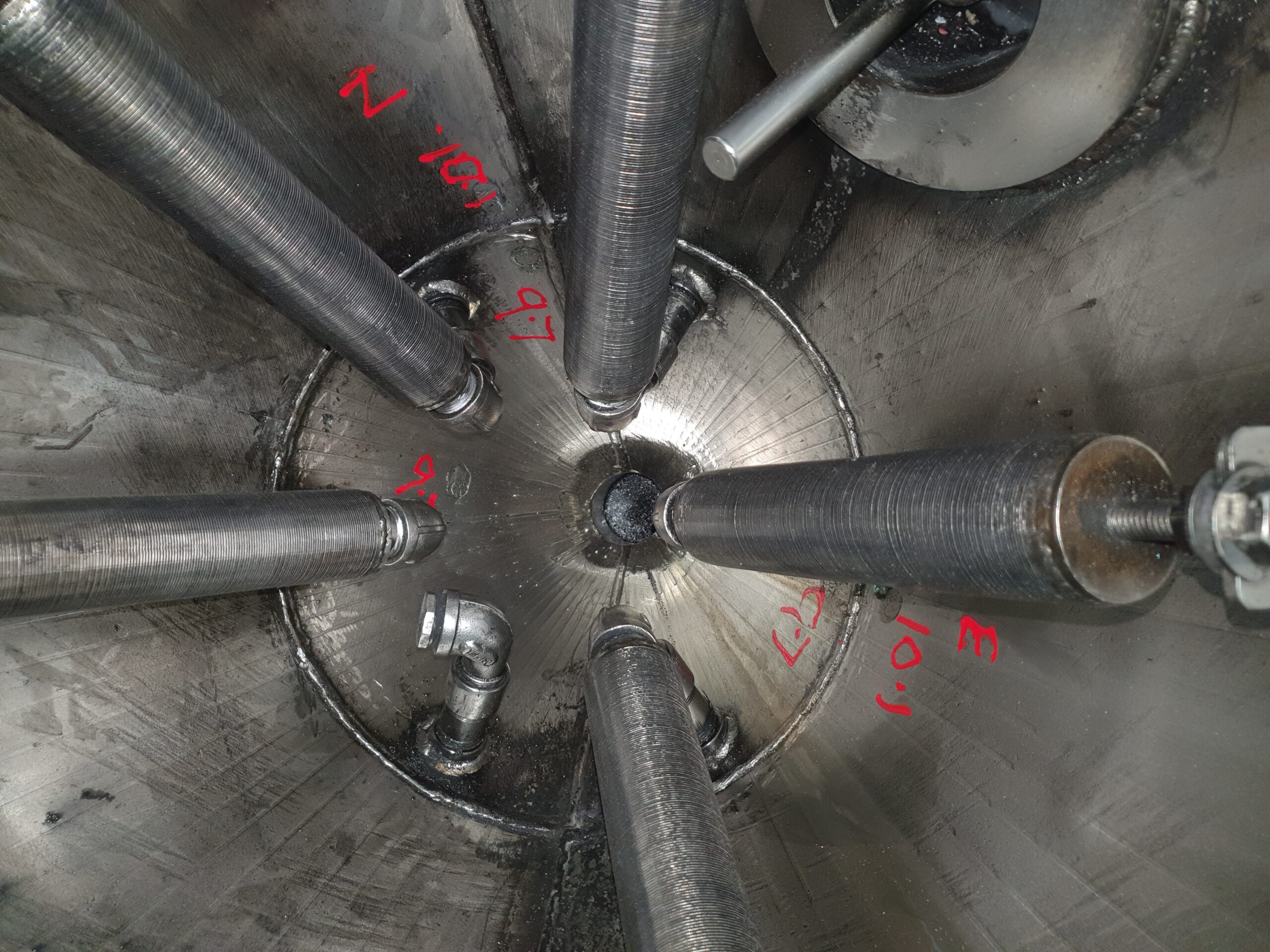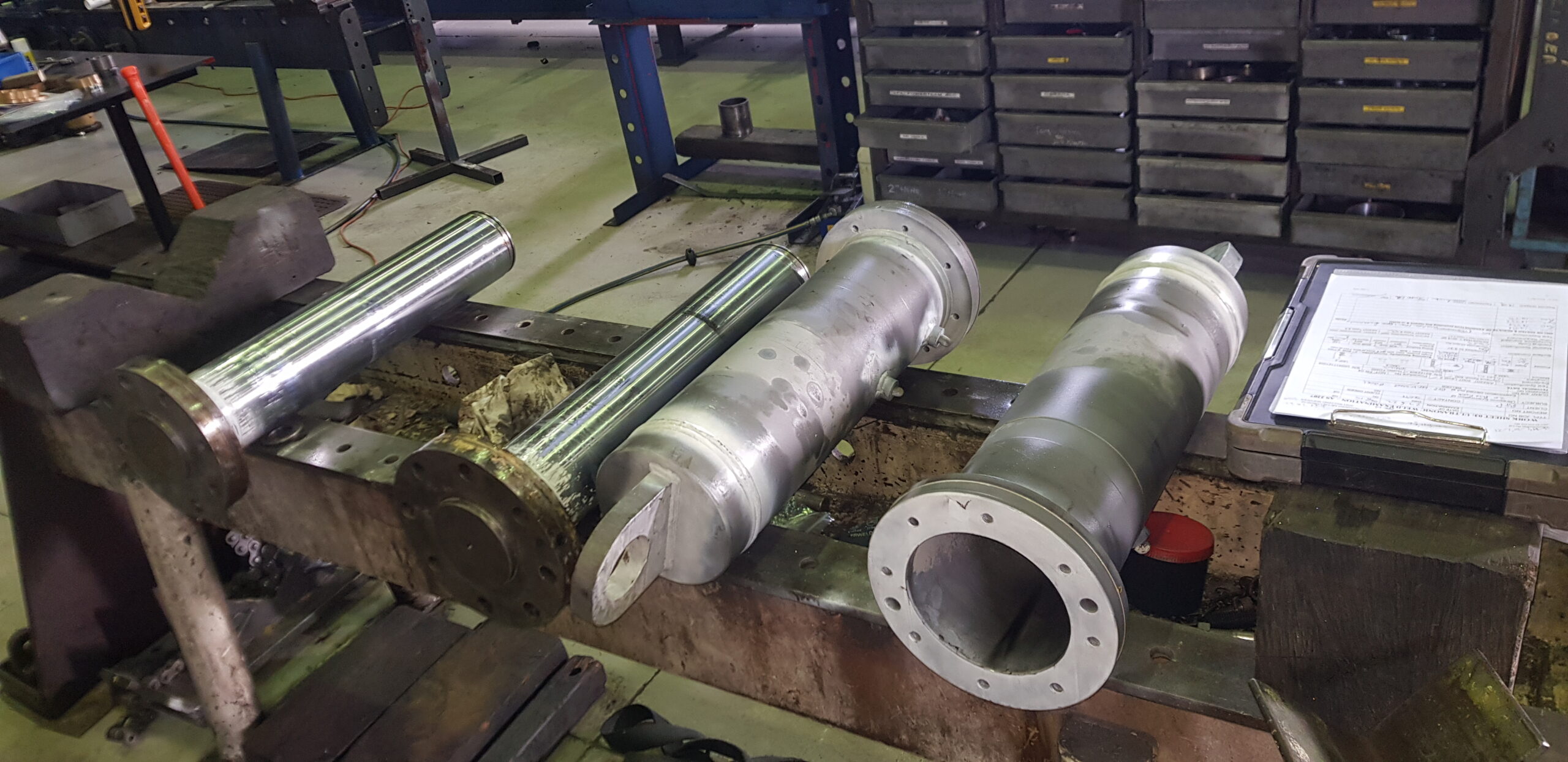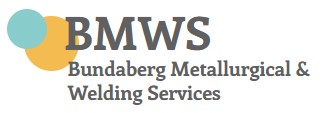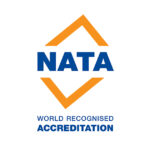Services we offer
We provide quality technical services to the engineering industry to maximize profit in a safe & environmentally acceptable manner.
Contact Us
- 0407 735 877
- [email protected]
- Bundaberg, Qld 4670
- Service Area - Central Queensland
Welding related services
✓ Fabrication and welding inspection
✓
Welding supervision
✓ Welding procedure qualification
✓ Welder qualifications and certification
Non-destructive Testing (NDT)
✓ Material selection
✓ Weld NDT
✓ Dye penetrant testing
✓ Visual examination
✓ Magnetic particle testing
✓ Ultrasonic testing
✓ Eddy current testing
✓ Wire rope testing
Laboratory & Technical Services
✓ Quality documentation
✓ Inspection and test plans (ITP’s)
✓ Defect and failure analysis
✓ Metallography
✓ Mechanical testing - Bend, macro and fracture testing.
Welding related services
Our comprehensive welding related services encompass a wide array of services tailored to meet your exact needs. From meticulous inspection services to expedite your project timelines to welding supervision ensuring the highest standards, we’ve got you covered. We specialise in welding procedure qualifications and welder qualifications to guarantee that your welding meets code requirements. At BMWS, precision and reliability are the cornerstones of our fabrication and welding services.
Non-destructive testing (NDT) Services
Delving into the realm of metallurgy and non-destructive testing (NDT), our expertise extends to material selection, weld NDT, dye penetrant testing, visual examination, magnetic particle testing, ultrasonic testing, eddy current testing, and wire rope testing. Whether you require expert guidance in selecting the right materials for your project or rigorous NDT inspections to ensure weld integrity, our team is equipped with the knowledge and technology to deliver precise results. Trust us to provide metallurgical and NDT services to meet industry standards.
Laboratory & Technical Expertise
In the world of metallurgy, laboratory and technical services are essential for ensuring product quality and integrity. We specialise in comprehensive quality documentation, including inspection and test plans. Our defect and failure analysis capabilities, coupled with metallography and mechanical testing, allows us to identify and provide technical solutions in failure analysis situations.
Frequently asked questions
What is metallurgical testing, and why is it important?
Metallurgical testing is a set of analytical techniques used to examine and evaluate the physical and chemical properties of metals and alloys. It’s crucial for ensuring the quality, integrity, and performance of materials in various industries, such as manufacturing, construction, marine, and aerospace.
What types of materials can be subjected to metallurgical testing?
Metallurgical testing can be applied to a wide range of materials, including metals, alloys, ceramics, and composites.
What are some common reasons to perform metallurgical testing?
Common reasons include quality control, failure analysis, material selection, compliance with industry standards, and research and development.
What are the different methods of metallurgical testing?
Metallurgical testing methods include metallography, mechanical testing, chemical analysis, non-destructive testing (NDT), and corrosion testing, among others.
What is metallography, and how does it work?
Metallography involves preparing a sample, typically by cutting, mounting, grinding, polishing, and etching, and then examining it under a microscope to study its microstructure. This helps assess the material’s properties and characteristics.
How is mechanical testing used in metallurgical testing?
Mechanical testing evaluates the material’s mechanical properties, such as tensile strength, hardness, impact resistance, and fatigue strength. It provides valuable information for design and quality assurance.
What is non-destructive testing (NDT) in metallurgy?
NDT methods, like ultrasonic testing, magnetic particle testing, dye penetrant testing and eddy current testing allow for the evaluation of material properties without damaging or destroying the tested component. It’s crucial for detecting defects and ensuring structural integrity.
How can metallurgical testing help in failure analysis?
Metallurgical testing is essential in determining the root causes of component failures, whether due to material defects, manufacturing issues, or operational factors. It aids in preventing future failures and improving product reliability.



